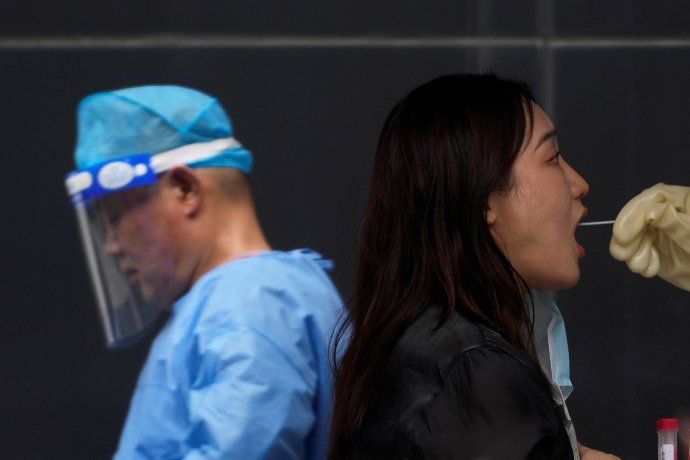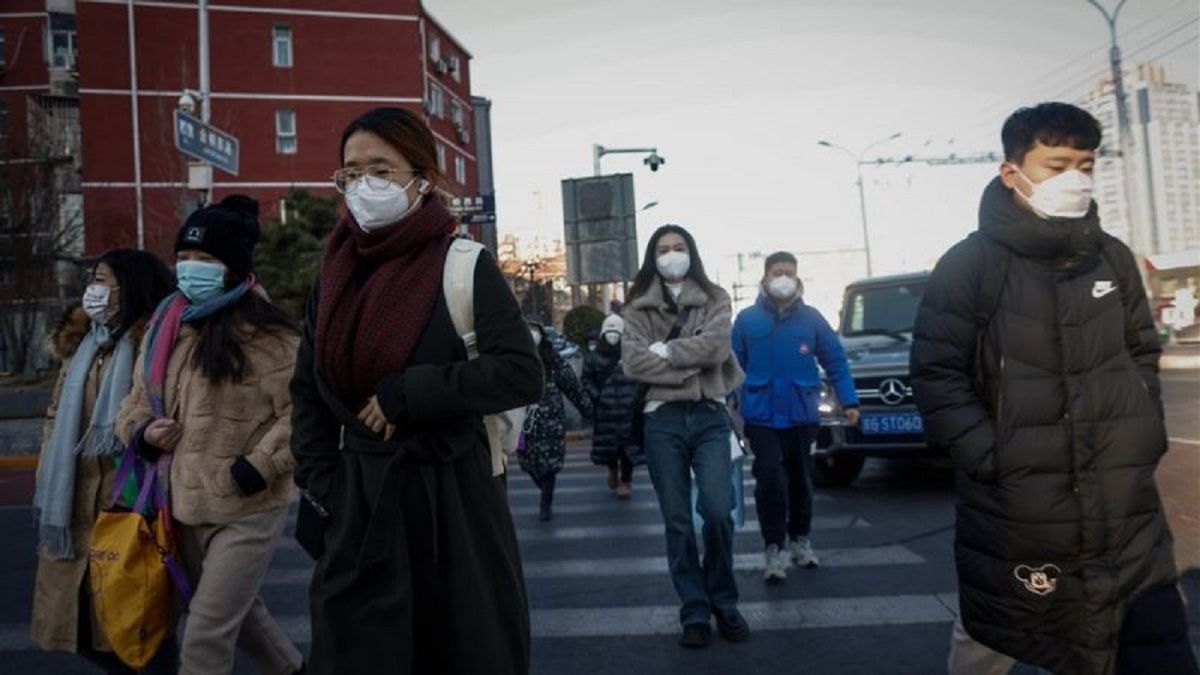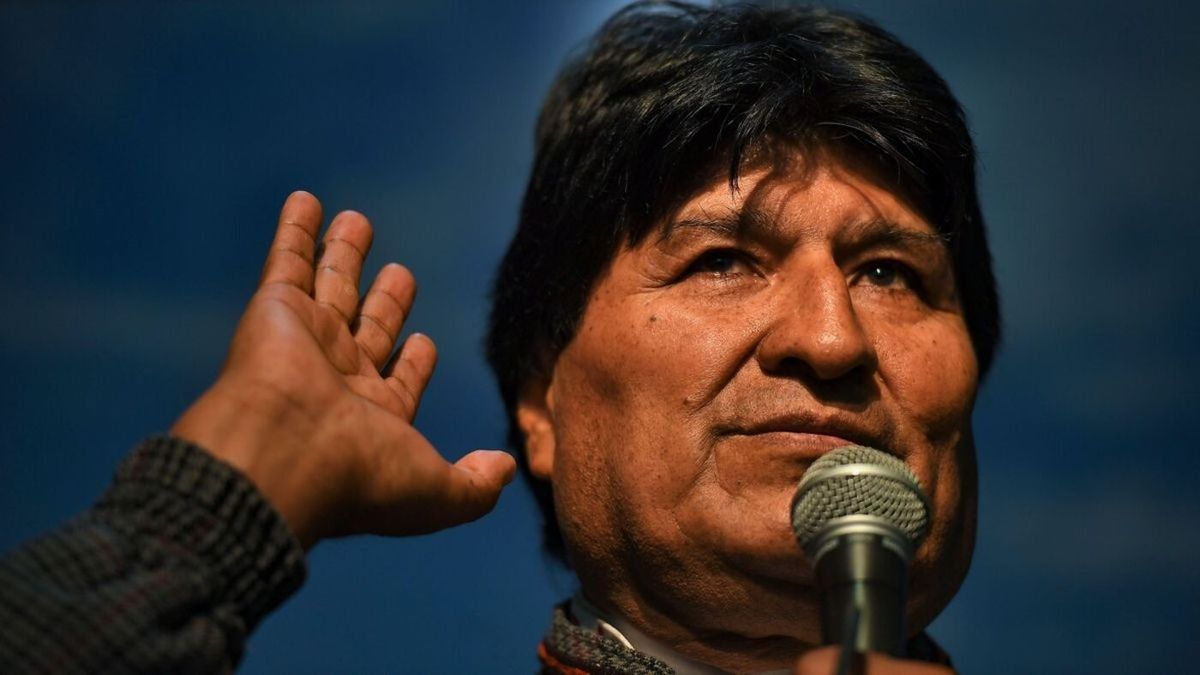In 1989 the brutal crackdown in Tiananmen Square left the Chinese depoliticized and fearful. They were to such an anesthetized point that not even a small wave of the tsunami produced by the riots of the Arab Spring of 2011 reached them.
They forgot about democracy, left the country in the hands of the Communist Party elite and trusted that they would receive at least a measure of economic freedom.
The excesses committed with the Zero Covid policy, however, awakened a new generation that began to realize its power.
To add more fuel to the fire, Chinese televisions received live images of the Qatar 2022 Soccer World Cup with thousands of fans from all over the planet enjoying the show without masks. The three years of state propaganda in favor of confinement were useless, the evidence showed that the democratic and Western world had already overcome the pandemic and lived normally.
p18_RC2JHY9RC30L_RTRMA_opt.jpeg
Situation. The increase in covid cases in China has the world on edge. It is feared that the virus will spread and cause a strong economic impact that will slow down the recovery that has been taking place.
Xi Jinping bet
The bet that Xi Jinping lost throughout the country was to turn the Zero Covid policy into a test of loyalty, because this meant politicizing the pandemic. By imposing its authoritarian and inflexible State in all homes, it produced general discontent that was aggravated by the economic crisis derived from the long confinements.
Since the start of the health crisis, the number of domestic flights in China has decreased by 45%, the movement of goods by road by 33%, and urban transport by 32%. Urban youth unemployment reached peaks of 18%, doubling the figures for 2018.
In the real estate sector, the start of new projects fell 45% in July 2022 compared to the same month in 2021. In the comparison of the same period, home sales fell 33% and real estate investment 12%.
Potential homebuyers left the market. Far more worrisome, however, are the millions of people who wait, often for years, for homes they have already paid for. Only 60% of the homes that were sold in pre-sale between 2013 and 2020 have been delivered.
The government’s rescue plan is not enough in this scenario: the loan program of US$29,000 million reaches only 10% of what is needed to complete all the unfinished houses in the country.
China Shanghai covid-19 restrictions

Mass testing in Shanghai, part of China’s zero covid policy.
Photo: Reuters
Effect on the economy
It is logical then that the people have taken to the streets to confront the harsh repressive apparatus of Xi Jinping. They restricted his freedom, but they also affected his pocket.
The data is obvious, in 2022 China reported that its economy grew 3%. If the 2020 figure is excepted, the year in which its growth dropped to 2.2% due to the initial impact of the pandemic, the 2022 figure is the poorest since the late 1970s.
In March 2022, Beijing set a target for GDP growth of around 5.5% year-on-year, which would already have been the slowest rate of growth in decades but which analysts described as ambitious given the context.
However, faced with the spread of the contagious omicron variant, the authorities insisted on redoubling their Zero Covid policy with more restrictions and harsh confinements that explain the poor final growth figure.
Daron Acemogluone of the ten most cited economists in the world and co-author, along with James Robinson, of the book “Why do countries fail? He assures that China has already begun to decline and is “rotting from the head”.
The professor at the Massachusetts Institute of Technology questioned, in an article published on the Project Syndicate site, “China’s ability to maintain its growth and innovation, having reached a limit of what a country can develop under conditions as restrictive as the of the regime led by President Xi Jinping.
Author of the book “The Hunger of the Dragon. China’s plan to eat the world. Editorial De los Cuatro Vientos, 352 pages.
Source: Ambito
David William is a talented author who has made a name for himself in the world of writing. He is a professional author who writes on a wide range of topics, from general interest to opinion news. David is currently working as a writer at 24 hours worlds where he brings his unique perspective and in-depth research to his articles, making them both informative and engaging.




